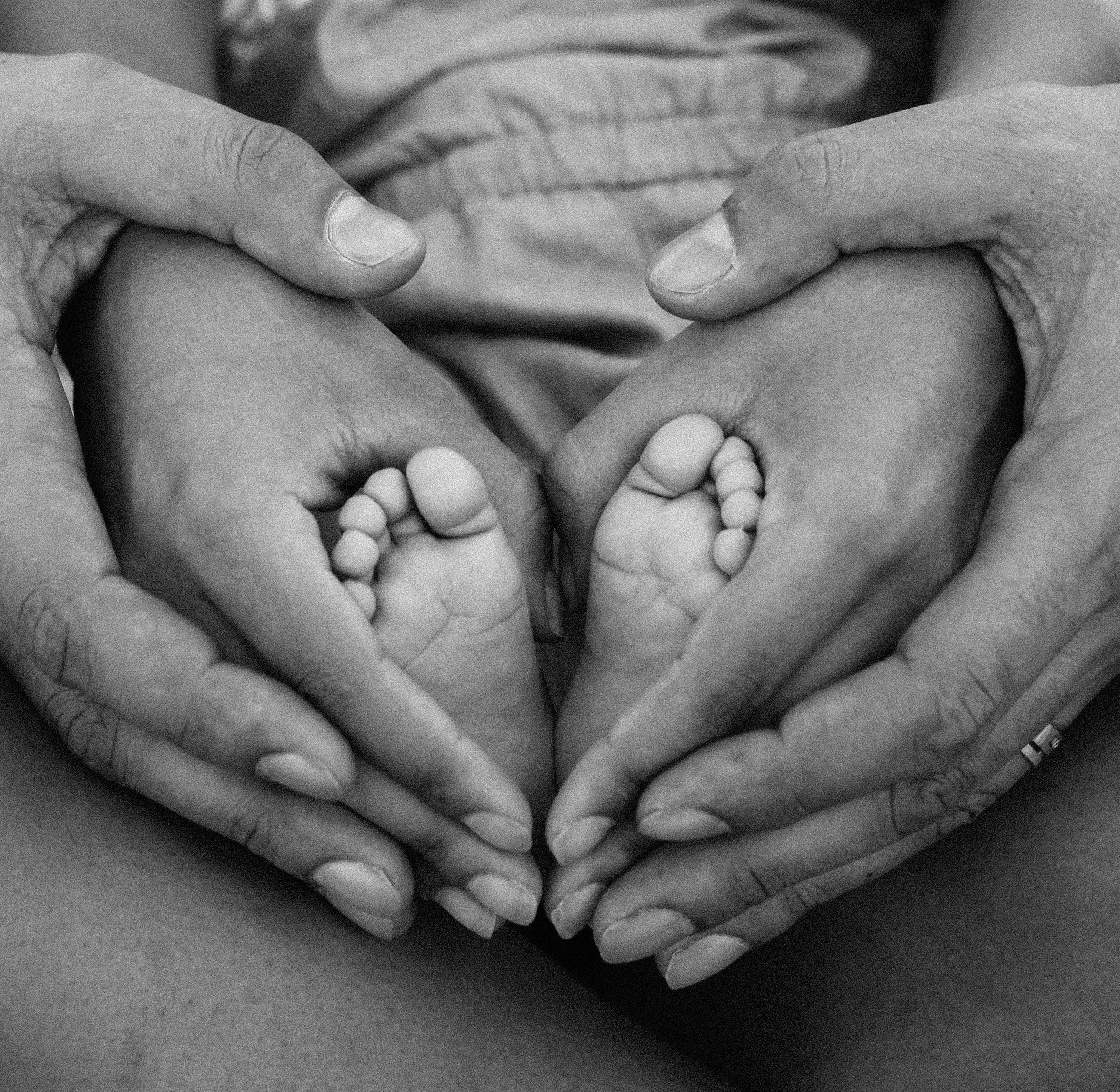Becoming a parent divides your life into a before and after: The period where you were responsible for just your own health and happiness, and afterwards, where life ceases to be about you, and somebody else is seated in the center of your universe. Being a parent can be hard and challenging. And this has rarely been more obvious than in the year of 2020.
The novel Coronavirus has established a firm grip on the world, and fundamentally changed everyday life for both ourselves and our children. Parents lost their jobs, children were schooled online, and whole families were required to stay indoors indefinitely. If you ever spend the holidays with extended family, you know how inflammable forced contact like this can be.
And even after many regulations had been lifted, normalcy is not in sight. We are more likely to see people with masks than without, and hugging friends or relatives still poses a health risk. Short trips anywhere have become a potential safety hazard, and concerns about the health and well-being of our children are now more at the forefront of any parent’s mind than before.
In short, there is a long list of reasons to feel stressed this year. But while we deal with the stresses of Corona, we mustn’t forget how it affects our children. Naturally, they share many of the same fears and worries as we do. But as parents, we have a special role to play, namely that of a model. And however we choose to respond to the stresses of Corona (and any life stressor in general) will affect not only ourselves, but also our children.
Recently, two separate teams of researchers have conducted two independent surveys to investigate a) how parents deal with the Corona pandemic, and b) how it affects the situation at home. It might not surprise you to hear that higher stress due to COVID-19 predicted more family quarrels, more caustic parenting styles, and more distressed children. However, it also became clear that there is a common denominator in well-functioning families.
At the center of thriving families was something called psychological flexibility: The ability to stay open to your emotions and thoughts without becoming overwhelmed, and still behave in a way that serves your values and goals – even in stressful circumstances. The more psychologically flexible the parents were, the more constructive their parenting style, the closer the family, and the better their ability to deal with stresses due to Corona. Conversely, the more psychologically inflexible the parents were, the more destructive their parenting style, and the more the family as a whole suffered from stress due to Corona.
If you followed recent developments in clinical psychology, these results may not surprise you, as it has become more and more evident that psychological flexibility is at the center of a well-adjusted mind. Psychological inflexibility, on the other hand, has been shown to be central to illnesses of the mind and action – from anxiety disorders, to depression, and even addiction problems.
The psychologically flexible parent does not cling to stress, or anger, or despair, or judgment. They still feel and think all of those things, but instead of lashing out or getting discouraged, they pause, ground themselves, take what is useful inside their thoughts and feelings, and put their focus on what matters. As a result, they remain constructive and effective, while growing more resilient against life’s stresses. They remain in touch with the kind of parent they wish to be – and their children take notice.
So when it comes to preparing our children for the future, and promoting their mental health, we need to instigate, model, and support psychological flexibility — and that has to begin with us. We are the adults, and you teach what you show. Rather than letting ourselves get entangled by our stresses, and act on short term urges at the cost of long term goals, we need to find a kinder, more compassionate approach that allows us to feel stress and notice our worries, while still choosing to act in line with our higher nature. The well-being of our family and children depends on it.


